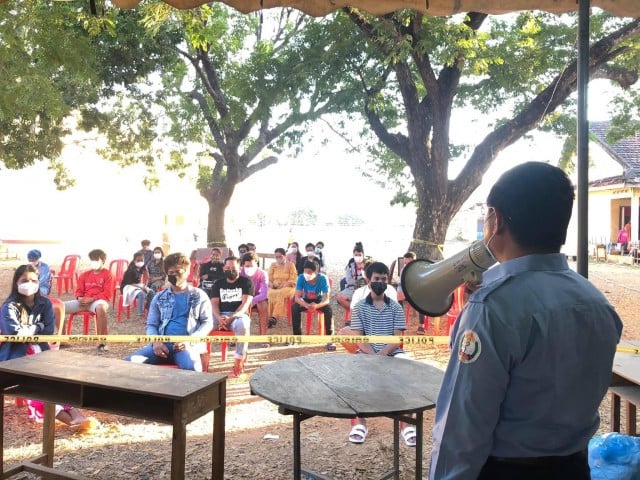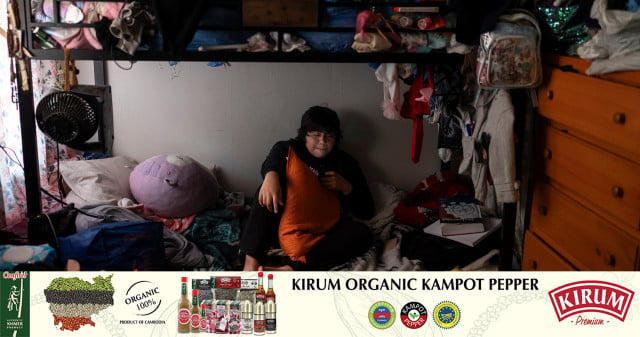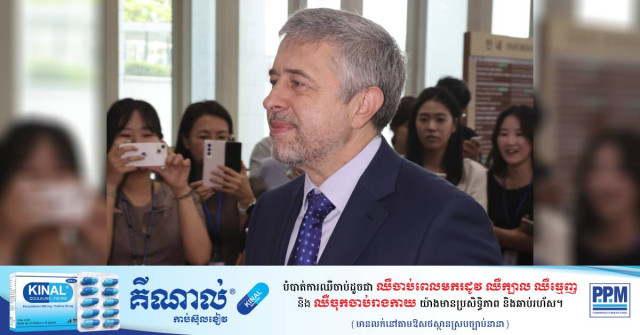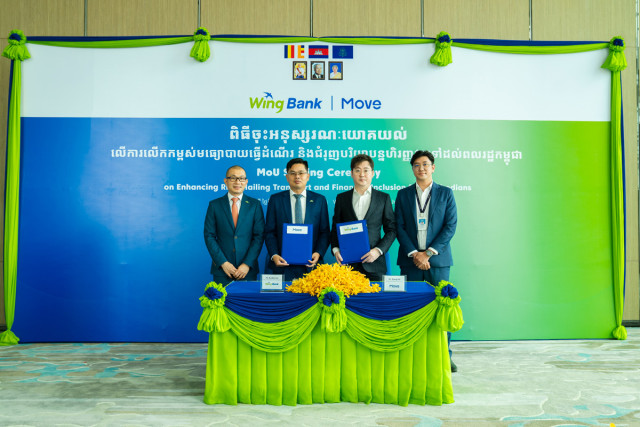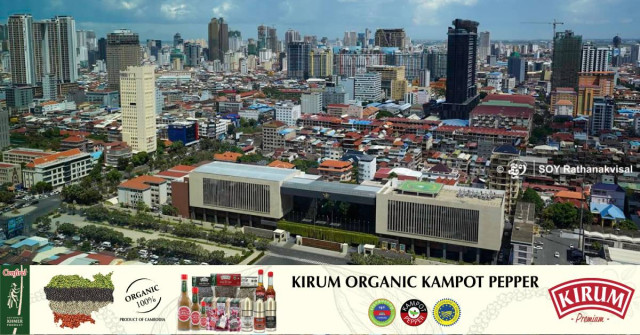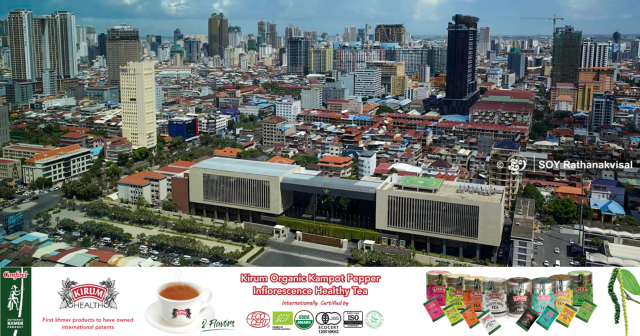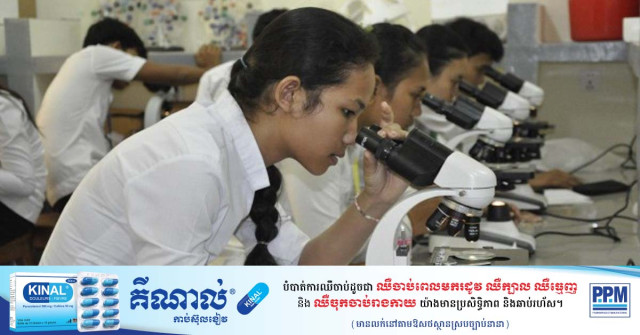ASEAN Poses Challenge to Russian Policymakers
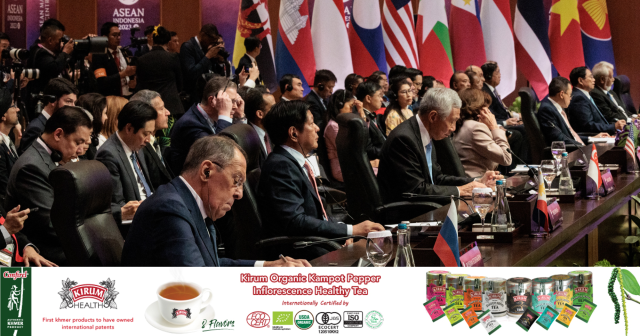
- By Cambodianess
- June 22, 2024 12:00 PM
While the first ten years of the 21st century represented a decade of instability and turmoil, after that, with all its problems during the 1990s, Russia tried to stabilise its foreign relations.
There is also a belief that Russian foreign policy, especially since Vladimir Putin became president, has aimed at revitalizing Moscow as a significant power using its geopolitical advantages.
The Kremlin's foreign policy approaches are known as sophisticated, with a keen interest in history and strategy. But about the Association of Southeast Asian Nations (ASEAN), Russia seems to be more tacit.
The question is why Russia sees ASEAN as having a low profile in either geopolitics or geoeconomics.
Even though Russia has scaled back its borders since the collapse of the USSR in 1991, it still maintains complex relationships with Eastern Europe, Central Asia, and East Asia.
Centuries of political alliances, cultural exchanges, and conflicts have shaped Russia's strategic priorities. But Southeast Asia has never been Moscow’s foreign policy priority due to its geopolitical isolation and divergent historical trajectories.
ASEAN and Russia have opposing political systems. Russia is a centralised government that President Vladimir Putin heads. ASEAN has a multifarious political system, running from democracies and monarchies to authoritarianism.
Therefore, the Kremlin cannot approach ASEAN singularly because the numerous political doctrines of its people do not match those of Southeast Asia.
The other massive trade balance, which shows a considerable shift, is the one between Russia and ASEAN.
China, the US and the EU are the top three trading partners for ASEAN. Their economies are highly integrated and way more potent than Russia.
Although Moscow, through its university in 2023, including the ASEAN Centre at MGIMO University, has been trying to deepen economic cooperation with ASEAN by joining the EAEU and numerous initiatives, little fruit has been born.
Similarly, based on the survey results in 2024, the Russian Federation is ranked 8th out of the 11 dialogue partners in terms of strategic relevance to ASEAN. With a mean score of 5.08, Russia falls in the lower-middle tier of the ranking.
While Russia is not among the top three most strategically relevant dialogue partners to ASEAN, as China has a mean score of 8.98, the US 8.79, and Japan 7.48, it still holds a notable position ahead of India, Canada, and New Zealand.
The ranking indicates that ASEAN recognises Russia as a partner with a certain degree of relevance in the region, although it may not be as prominent as some other key players. This positioning could influence diplomatic relations, cooperation, and engagement between ASEAN and Russia in areas of mutual interest.
When it comes to energy suppliers, Russia, as the world’s largest gas exporter, is finding it difficult to access Southeast Asia, as the primary exporters to the region are the Middle East, Australia, and the United States between 2020 and 2050. The lower supply to this region leaves Moscow with negative economic relations.
Moscow is not very interested in the security circumstances surrounding ASEAN. The security of the area is greatly impacted by Washington and its allies. Russia views ASEAN's many member nations' close military ties to the US as a check on its power.
Things get even more complicated because of the South China Sea dispute. China and a number of ASEAN nations are involved in this matter, and the US is also a significant player. Russia, under Putin, would rather play it safe and avoid getting sucked into such complicated disputes, which could result in huge conflicts.
For Moscow, it is not easy to influence the situation in Southeast Asia because ASEAN has played a game-changing role between the economic partnership offered by China and the regional security provided by the US.
Regional countries have security concerns about Beijing, but they want inclusive, rather than exclusive, regional economic and security relationships. Through these major powers in the region, the Kremlin has little chance of making a big impact.
Despite ASEAN geopolitical tensions between the US and China, Russia's slowly but surely changing foreign policy would be welcomed by South-east Asia, giving Moscow a greater security role, especially in counter-terrorism against Islamic militants and in soft balancing against Beijing and Washington.
The principle of multi-polarity embedded in the ASEAN mindset is attractive to Russia. Similarly, the establishment in July 1991 of ASEAN-Russia dialogue relations has managed its presence in the region. At the 4th ASEAN-Russia Summit to Commemorate the 30th Anniversary of ASEAN-Russia Relations, the two parties joined the statement, Building a Peaceful, Stable, and Sustainable Region.
Russia’s most important customers in the region were Vietnam, Myanmar, Malaysia, and Indonesia, which demonstrated an effort to build bilateral relations. But Storey notes that Russia’s arms sales to South-east Asia have declined sharply over the past seven years, from $1.2 billion in 2014 to just $89 million in 2021. These engagements are limited compared to the strong ties ASEAN has with other major powers.
While ASEAN does offer a few benefits in terms of economic partnership and security interests to Moscow, Putin sees Southeast Asia as one complicated region for its strategy, along with the South China Sea dispute with China, Vietnam, the Philippines, Taiwan, Malaysia, and Brunei.
The smart strategy of Moscow should be developed through a practical partnership network, trade enhancement, and effective ties between nations as a comprehensive strategic partnership. This method lies in close dialogue with Southeast Asian countries to increase cooperation with multilateral institutions and a vast number of regional partners.
- - - - -
Lee Ngorn Einlay is a master's student at the Department of Theory and History of International Relations at RUDN University. He earned a degree as a medium-ranking officer from the Royal School of Administration of Cambodia. He is a servant officer at the Council of Ministers, in Cambodia.
Mom Mit is a graduate student at the Strategic and Innovative Development Department at the Financial University under the government of the Russian Federation.
Prom Thary is a Ph.D. scholar in political science at RUDN University. He holds a master’s degree in political science from Saint Petersburg State University in Russia and a master’s degree in law from UME University in Cambodia. Thary serves as a civil servant at the Ministry of Interior.








